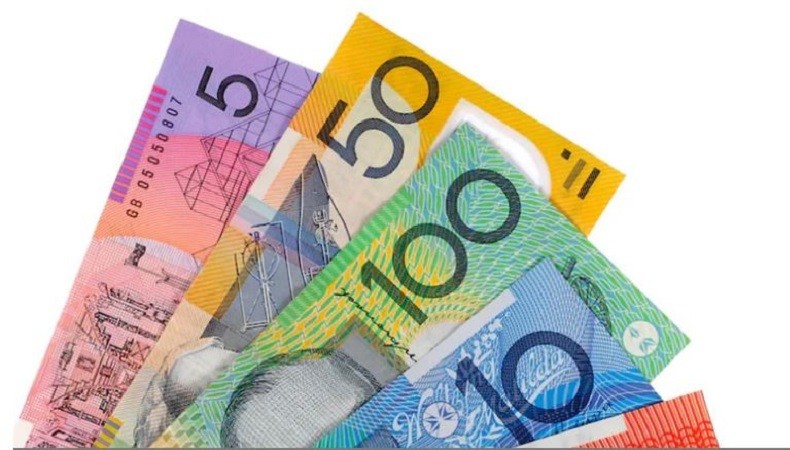
The Reserve Bank of Australia raised its benchmark interest rate for the first time in more than 11 years on Tuesday. The cash rate increased from 0.1 percent to 0.35 percent, posing a threat to the government's reelection bid on May 21.
After official figures released last week indicated that Australia's inflation rose to 5.1 percent in the year to March, a hike was largely expected. It's the highest annual rate since 2001, when a newly enacted federal consumption tax of 10% caused a brief rise.
Inflation in the March quarter was significantly higher than the 3.5 percent recorded three months prior. The March outcome was influenced by rising gasoline and housing prices, as well as food shortages caused by recent floods in Australia.
The Reserve Bank of Australia manages interest rates to keep inflation in a target range of 2-3 percent. Governor Philip Lowe of the Bank of England said inflation has risen faster than predicted but remained lower than in most advanced nations.
In a statement, Lowe said, "The economy has proven to be resilient, and inflation has risen up more rapidly, and at a higher level, than was forecast." "In addition, there is evidence that wage growth is picking up. It is appropriate to begin the process of normalising monetary conditions, given this and the extraordinarily low level of interest rates "Lowe said.
Since November 2020, the cash rate has been at a historic low of 0.1 percent.
FOREX-dollar is reaching a 20-year high, while euro struggles
Indian rupee closes the day flat against the US dollar
Saudi Arabia agrees to pay USD 8 billion package to Pakistan